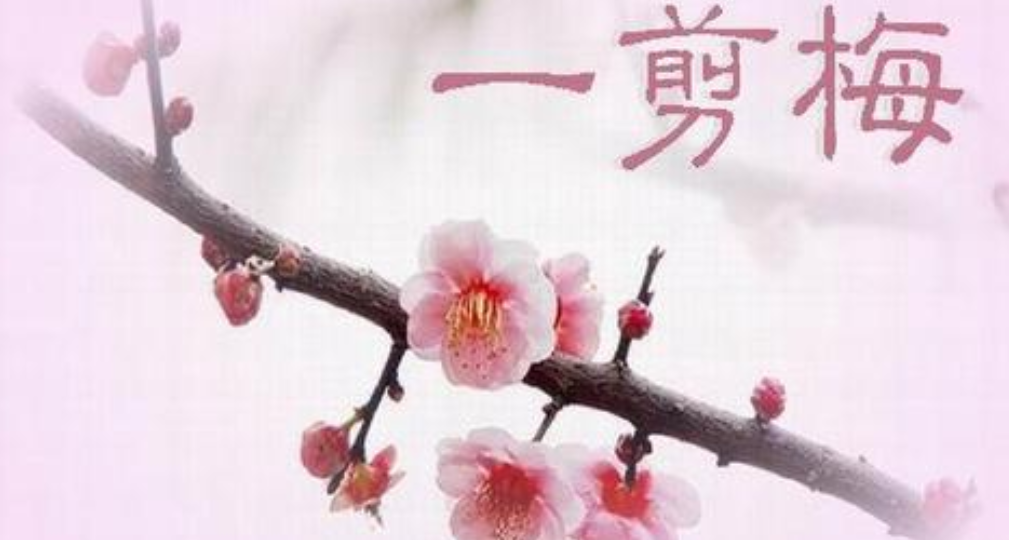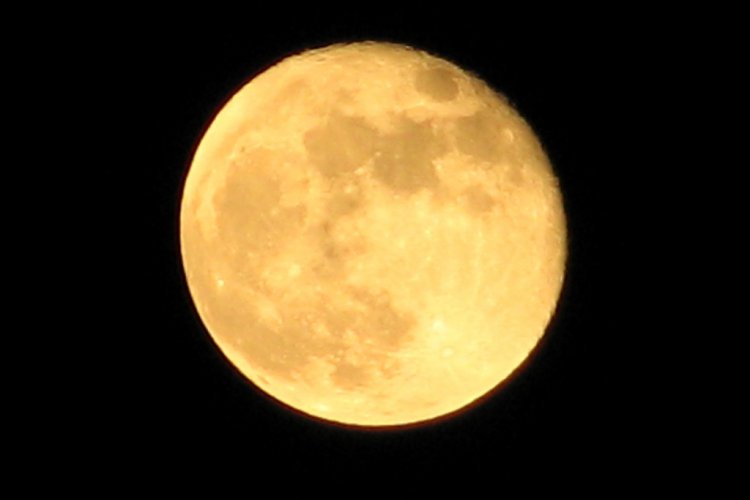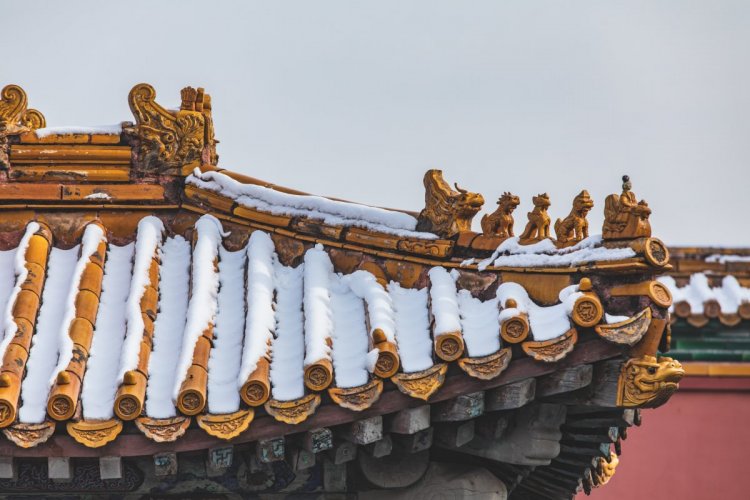Mandarin Monday: How a Song Dynasty Poem Inspired One of the Biggest Memes of 2020
Mandarin Monday is a weekly column where we help you improve your Chinese by detailing learning tips, fun and practical phrases, and trends.
It may only be June, but 2020 already feels like we've been cruelly launched into a novel that's part dystopian apocalypse, part magical realism, but all of which we'll never escape from. On top of that, I started seeing non-Chinese speakers raving about my mom's all-time favorite song, "One Plum Blossom" (一剪梅 yījiǎnméi), on social media last week and I had to check my calendar to make sure we hadn't been transported back to the '80s.

A mega-hit among my parent’s generation, "One Plum Blossom" was also the theme song and eponymous title of the first Taiwanese TV series to be imported to mainland China, its sentimental melody performed on bamboo flute (箫 xiāo) and erhu (二胡 èrhú) beautifully capturing the tragic story of the two protagonists turned star-crossed lovers. On top of that, you could say that singer Fei Yuqing's gentle yet emotional voice awakened a sort of craving for love in the hearts of many Chinese youth at the time.
That sentiment – helpless yet resolute – seems to have come full circle in the time of coronavirus, with TikTok especially becoming inundated as users across the world act out scenes to the song's melancholy refrain: "雪花飘飘,北风萧萧 xuěhuā piāo piāo, běi fēng xiāoxiāo," translated as "The snow falls and the north wind blows."
Here, the plum blossom (梅花 méihuā) fulfills the roles of hope, nobility, and an unwavering human spirit in harsh times, a fitting metaphor given that it is the only flower you will find blooming in the snow-covered fields of northern China.
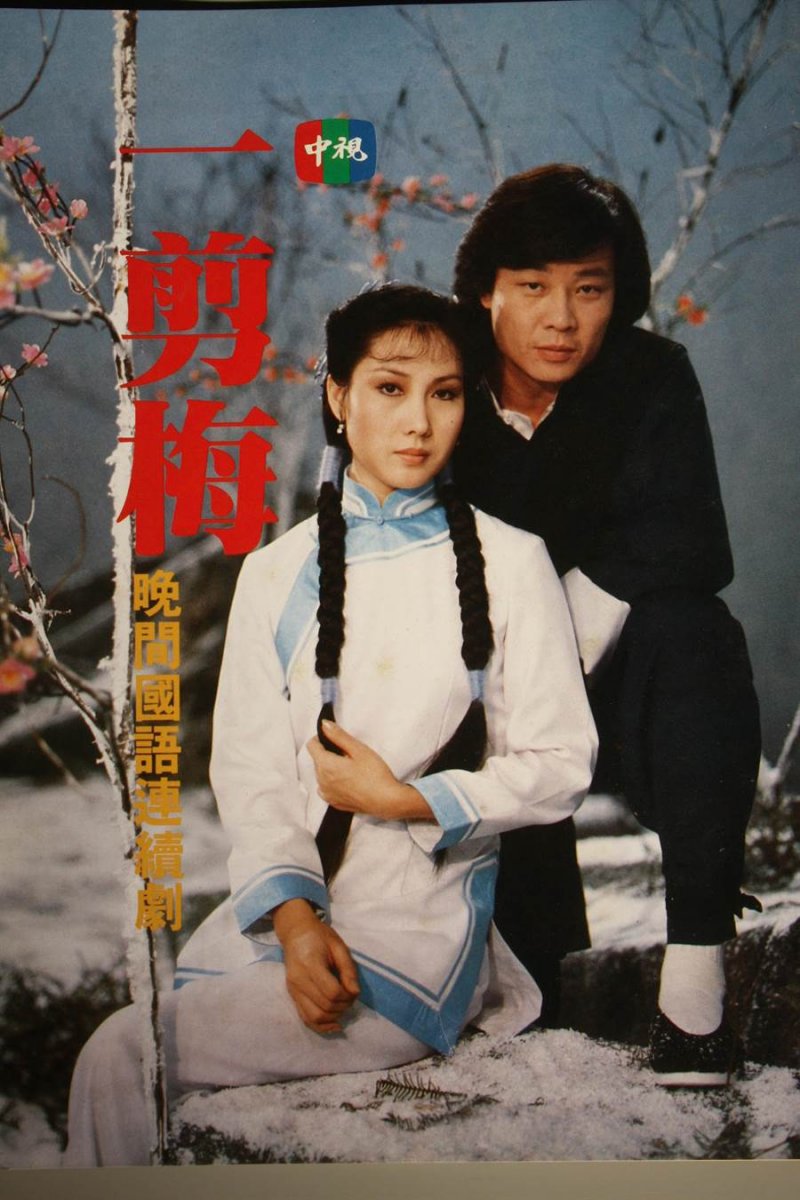
In the original TV series, the story revolves around the conflict between two villages who fight over the only water supply. To prevent the water from being cut off and despite already being madly in love, the show's protagonist marries the daughter of a powerful landlord and the controller of the water supply. The villagers then struggle to balance the need for water to support life and the seemingly superficial-by-comparison need for love.
The plum tree in heavy snow then embodies this tragic love story, representing the young lovers' determination to persist regardless of the threats and mishaps encountered, just like how the plum blossoms never yield to their brutal environment.
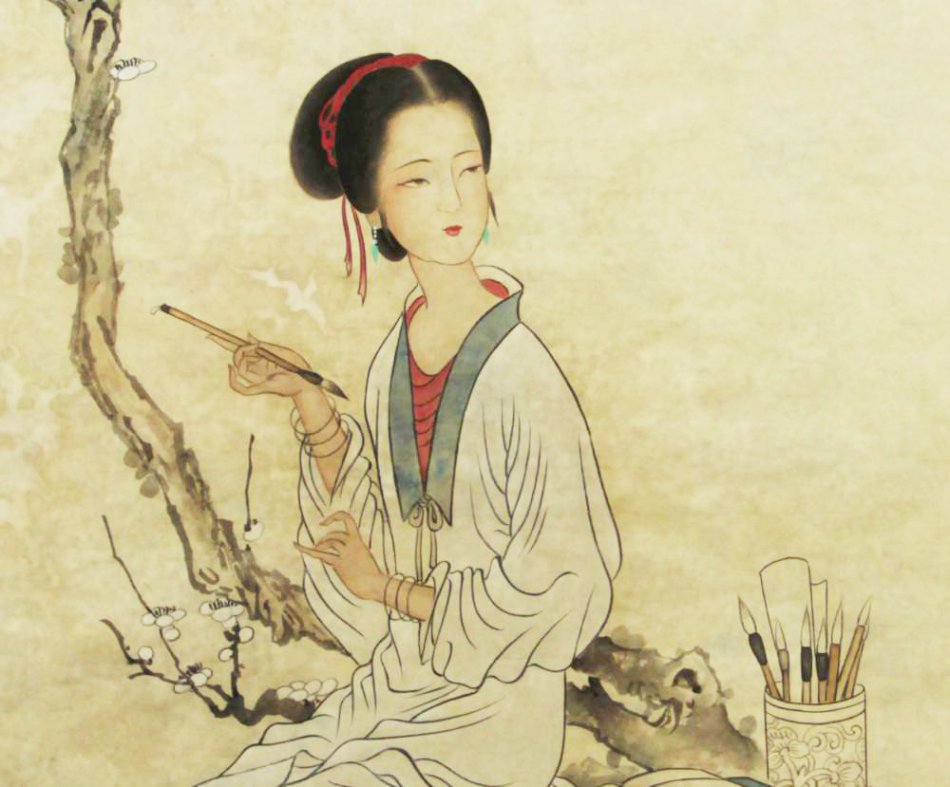
Meanwhile, the title "One Plum Blossom" comes from the tradition of Song dynasty lyrics (宋词 sòngcí), an established format that poets would fill in with words of their choosing. The "One Plum Blossom" poem then is just one example of this type of lyric and would traditionally contain 60 characters divided into 12 lines. Its name comes from the plum blossom branch, which was a common gift between lovelorn friends who were unable to see each other. As such, Song lyrics were widely used to express similar themes and emotions.
To help better understand "One Plum Blossom," below you'll find the song translated in full.
真情像草原广阔 zhēnqíng xiàng cǎoyuán guǎngkuò
True love is as vast as a prairie
层层风雨不能阻隔 céng céng fēngyǔ bùnéng zǔgé
No trials and hardships can set us apart
总有云开日出时候 zǒng yǒu yún kāi rì chū shíhòu
There will be a time that the sun scatters the cloud
万丈阳光照耀你我 wànzhàng yángguāng zhàoyào nǐ wǒ
And streaks of sunlights will cast on you and me
真情像梅花开过 zhēnqíng xiàng méihuā kāiguò
Our love is like the plum blossom
冷冷冰雪不能淹没 lěng lěng bīngxuě bùnéng yānmò
The freezing snow won’t be able to bury it
就在最冷枝头绽放 jiù zài zuì lěng zhī tóu zhànfàng
It blooms on the branch at the coldest time
看见春天走向你我 kànjiàn chūntiān zǒuxiàng nǐ wǒ
Witness the spring come to you and me
雪花飘飘北风萧萧 xuěhuā piāo piāo běi fēng xiāoxiāo
Snow is fluttering and the wind is howling
天地一片苍茫 tiāndì yīpiàn cāngmáng
Nothing but boundless snow in this world
一剪寒梅傲立雪中 yī jiǎn hánméi ào lì xuě zhōng
Still, plum blossoms stand proudly in the snow
只为伊人飘香 zhǐ wèi yīrén piāo xiāng
Releasing the fragrance for my love
爱我所爱无怨无悔 ài wǒ suǒ ài wú yuàn wú huǐ
I love who I love with no regrets
此情长留心间 cǐ qíng cháng liúxīn jiān
And I keep this love in my heart for the rest of my life
Read: Unpacking Three of Beijing's Murkiest Historical Mysteries
Images: Kekedi, Sohu, Chinatimes, Eastday

